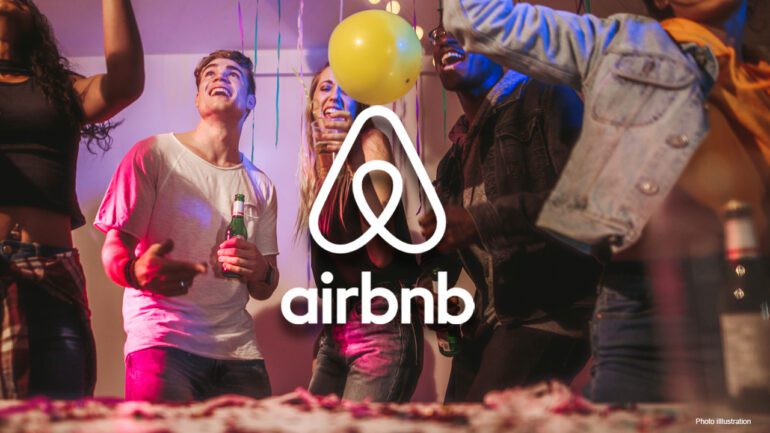TL;DR:
- Airbnb combats unruly house parties through a “global party ban” and age-related booking restrictions.
- Airbnb reports a 55% decrease in party-related incidents in 2021.
- Airbnb introduces AI-powered software globally to identify potential troublemakers.
- The AI scrutinizes factors like account creation date, proximity to the host, stay duration, and event timing.
- High-risk bookings are either rejected or redirected to partner hotels.
- Turo, in the car-sharing sector, uses AI to detect theft risks and personalize vehicle recommendations.
- AI adoption in the sharing economy streamlines user experiences but may lead to occasional false negatives.
- Hosts like Lara Bozabalian maintain their own screening criteria despite AI assessments.
Main AI News:
The specter of returning to your rented property after a few nights to discover it transformed into a chaotic party venue is the stuff of homeowners’ nightmares. The damage and disruption caused by such events can leave property owners fuming or disheartened. Over recent years, such scenarios have become increasingly common worldwide, especially during the COVID-19 pandemic when bars and nightclubs were off-limits. In response to these challenges, short-term rental giant Airbnb declared a “global party ban,” committing to do whatever it takes to curtail such behavior. This included prohibiting offenders from making new bookings and imposing restrictions on guests under 25 without a proven track record of excellent reviews.
According to Airbnb, this crackdown led to a 55% reduction in reported parties between 2020 and the subsequent year. However, the battle against unruly gatherings is far from over. In a bid to strengthen its efforts, the American company has introduced an Artificial Intelligence (AI)-powered software system, now operational worldwide. This system automatically scans Airbnb bookings for various red flags, including the account’s creation date, proximity to the host’s location, duration of the stay (with particular concern for single-night reservations), and whether the booking coincides with a festive period like Halloween or New Year’s Eve.
Naba Banerjee, Head of Safety and Trust at Airbnb, emphasizes that if the AI identifies a high-risk party booking, it will either reject the reservation outright or guide the guest to the website of one of Airbnb’s partner hotels. This proactive approach aims to enhance trust and provide homeowners like Lucy Paterson, who rents out her one-bedroom annex in Worcestershire, with greater reassurance. Paterson attests to the positive impact of Airbnb’s AI measures on her hosting experience, stating that it has offered her “more reassurance.”
Looking ahead, Banerjee anticipates that the AI system will continue to improve as it processes more data, thereby enhancing its accuracy and effectiveness. Airbnb’s strategic adoption of AI mirrors similar initiatives in the sharing economy, with companies like Turo using AI to protect vehicle owners who rent out their cars.
Turo employs the DataRobot AI platform to swiftly detect theft risks and establish rental prices based on car size, power, speed, and the chosen rental period. Additionally, Turo’s AI allows users to interact with its app, providing personalized vehicle recommendations. This feature is currently available to subscribers of the popular consumer AI system ChatGPT-4, which is integrated into Turo’s platform. Albert Mangahas, Chief Data Officer at Turo, emphasizes the importance of enhancing user experience and building trust through AI-driven solutions.
Edward McFowland III, Assistant Professor of Technology and Operating Management at Harvard Business School, supports the use of AI to filter potential problem customers. He acknowledges that while a well-calibrated AI model can streamline interactions between businesses and consumers, there remains a risk of false negatives. In certain cases, the AI may inadvertently deny reservations to individuals with innocent intentions, such as renting an apartment for a quiet New Year’s Eve celebration. McFowland emphasizes the ongoing challenges of perfecting AI technology.
Conclusion:
The adoption of AI-driven systems by platforms like Airbnb and Turo marks a significant step in safeguarding the sharing economy. By proactively identifying and mitigating risks associated with unruly parties and theft, these companies are not only enhancing trust but also improving the overall user experience. However, the challenge of fine-tuning AI models to avoid false negatives highlights the ongoing complexity of AI technology in the market. Hosts like Lara Bozabalian, who maintain personalized screening criteria, underscore the importance of a balanced approach to safety and user satisfaction in the sharing economy.

